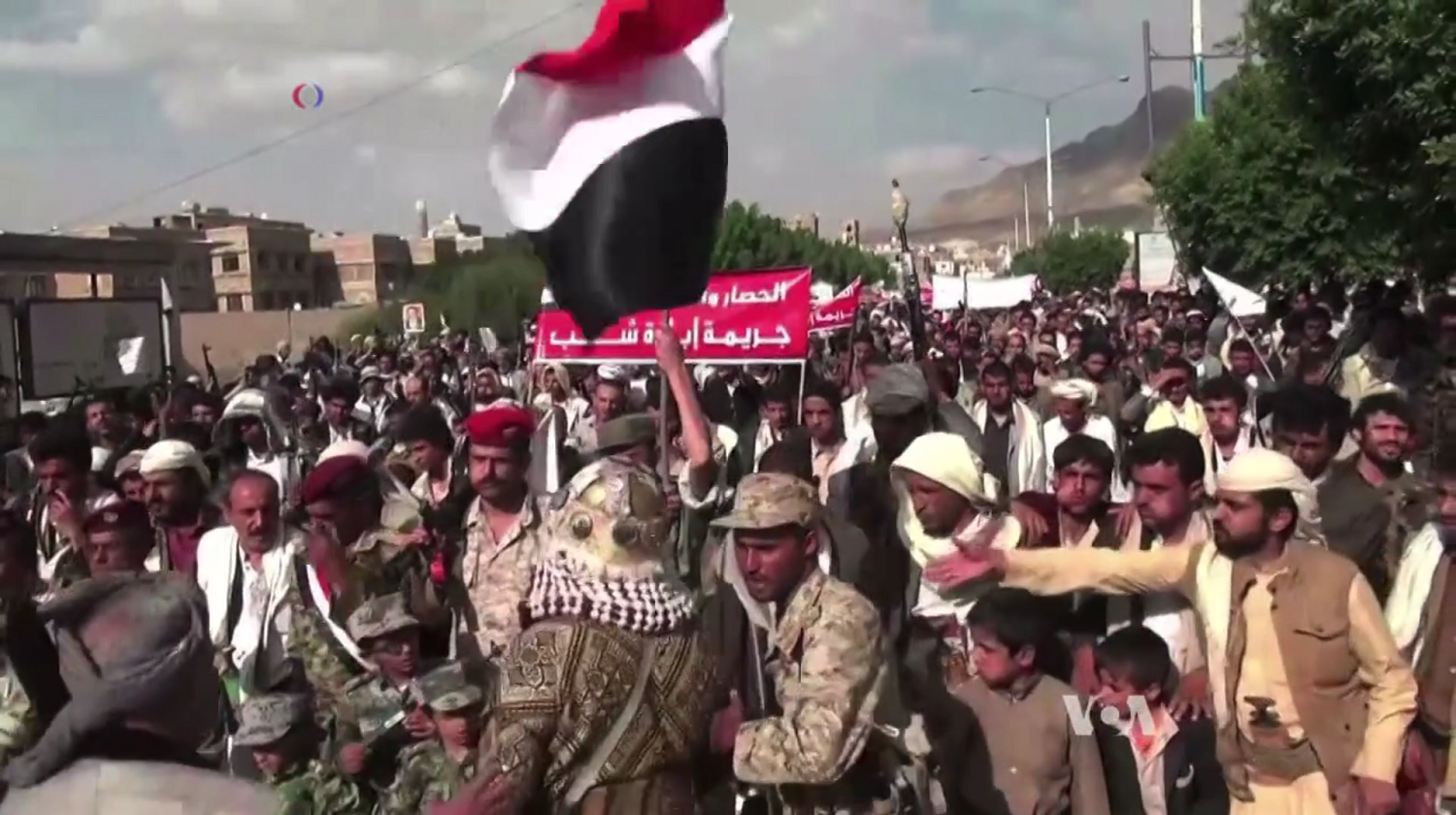Vicar of Arabia: from Gaza to the Houthis 'worrying' escalation. Close to the Christians in Yemen
US and British air raids against pro-Iranian rebels first act of a possible widening of the war. An operation in response to assaults on ships bound for the Red Sea by the rebels. Mgr. Martinelli: difficulties in reaching "a stable equilibrium", the "great concern" for the situation in the Holy Land remains. In Yemen "the nuns' work for the poor and sick continues".
Abu Dhabi (AsiaNews) - The escalation triggered, on the one hand, by the Houthi attacks against merchant ships heading towards the Red Sea and the response of Washington and London with the massive bombing of pro-Iranian rebel positions "may make it more difficult the recovery of Yemen,” says Msgr. Paolo Martinelli speaking to AsiaNews.
The apostolic vicar of southern Arabia (United Arab Emirates, Oman and Yemen) observes that the attempted rebirth of a country overwhelmed by years of bloody and forgotten war remains "necessarily slow".
“Despite the good will of many people - he continues - the objective difficulty of finding a stable balance of the forces at play remains, for a definitive restart. We hope - this is the hope of the prelate - that the work that has begun and was slowly continuing does not stop now" due to the repercussions on a regional - and global - scale of the war that is setting the Holy Land on fire.
The conflict triggered by Israel against Hamas in Gaza, in response to the terrorist attack by militiamen on 7 October which caused 1200 deaths and dealt a severe blow to the defense and intelligence capabilities of the Jewish State has reached the threshold of 100 days with a increasingly dramatic: the Palestinian victims in the Strip are almost 24 thousand, of which around 10 thousand children.
The fear of analysts and experts is that it could trigger an escalation in the Middle Eastern region, with the involvement - more or less direct - of other actors who have remained behind the scenes so far, starting with Iran.
On the night between 11 and 12 January the United States and Great Britain launched 73 raids against Houthi military positions in Yemen, who had previously - and on several occasions - attacked commercial ships in the Red Sea "linked to Israel" in solidarity with the Palestinians of Gaza. The operations have continued in the last few hours, with new attacks against the Shiite rebels in Yemen by the Americans.
What is happening could constitute the first act of the feared escalation in the Middle East: the Yemeni rebels - who, supported by Tehran, control a third of the country - have threatened to respond and now consider Anglo-American interests in the world "legitimate objectives".
Since last November, the Houthis have launched 27 attacks in the Red Sea, a stretch usually crossed by 12% of global trade: cargoes have therefore been forced to divert the route that passes through the Suez Canal (which has already recorded losses of 40% from beginning of the year) towards the south of the African continent, with important repercussions on supply times, production and the rise in prices.
Expanding the analyst to the situation in the Gulf and in the Middle Eastern region, the vicar of Arabia reports that "the general climate, up to this moment, is not affected by what is happening" even if attention is high. The attack decided by the United States and Great Britain "happened recently", he continues, and so far "there are no perceptible changes at the level of public life".
“I would say that this attack adds to the great concern that is and remains the conflict between Israel and Hamas in Gaza” he explains.
This is the front of greatest fear which, moreover, is at the origin of the operations in the seas of the Houthi rebels and which triggered the attack by the air force of the two countries, which however did not find consensus and support from all the countries of the bloc Western, starting from more than one distinction between European chancelleries.
Lastly, the reflection of Msgr. Martinelli focuses on the small Christian community in Yemen which has suffered a lot in the past due to war and sectarian violence, as occurred on the occasion of the killing of the Missionaries of Charity in Aden in 2016. “I am regularly in contact with our people.
So far the situation - he states - appears calm. The nuns can continue to carry out their great work of charity with the sick and the poor."
Of course, the evolution of the last few days is a source of concern: “They obviously felt what happened, but their work continues. We pray that they can continue to carry out their mission in peace."
In fact, concludes the vicar of southern Arabia, "the real hope" are these gestures and works "of goodness and solidarity present among the people, which do not stop in the face of difficulties".
07/11/2023 10:21







.png)










